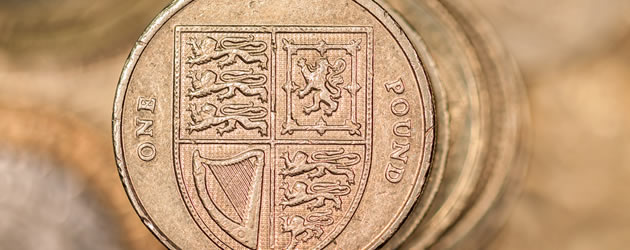The Euro to Pound Sterling (EUR/GBP) exchange rate weakened on Thursday as economic data out of the Eurozone mostly missed expectations and UK retail sales beat forecasts.
The Euro to Pound Sterling (EUR/GBP) exchange rate fell to a session low of 0.7125
Early in the session, the Euro got off to a positive start and managed to rise for the first time in four days against the US Dollar as data out of France showed that the Eurozone’s second largest economy is improving. The gains were short-lived however, as a composite Purchasing Managers Index out of Germany missed forecasts.
‘The French PMI put a bid on the Euro but the German data was disappointing. In the first quarter, economic data from the Euro area was positive, but in April and May, it is showing signs of a slowdown. Overall, it is too early for any tapering in the quantitative easing programme by the European Central Bank. We think the Euro will gradually decline,’ said a currency strategist at Nomura.
After the German data, the Euro came under further pressure after data showed that business growth across the Eurozone was weaker than expected in May. There was some positive news however as a separate report showed that firms increased staffing levels at the fastest rate in four years.
Markit’s Composite Flash Purchasing Managers Index fell to 53.4 from 53.9. The figure missed the 53.8 figure forecast by economists.
‘There will be a lot of people disappointed that we have an easing in growth for the second month but it needs to be put in context that it is a reasonable number. The broader picture is that the recovery remains on track and it’s doing rather well,’ said Martkit’s chief economist Chris Williamson.
UK Retail Sales
The Pound surged higher against the Euro and advanced strongly against the US Dollar after data released by the Office for National Statistics (ONS) showed that retail sales increased by 1.2% on a month-on-month basis, the strongest gain seen since November last year.
On an annual basis, retail sales increased 4.7%. The cause for the strong increase was a 5.2% surge in the purchase of footwear, textiles and clothing.
‘It’s a weather factor. You’ve had warmer than average weather which has led to consumers bringing forward purchases of summer clothing,’ said the ONS.
The better-than-forecast data eased concerns that the UK economy is slowing.



